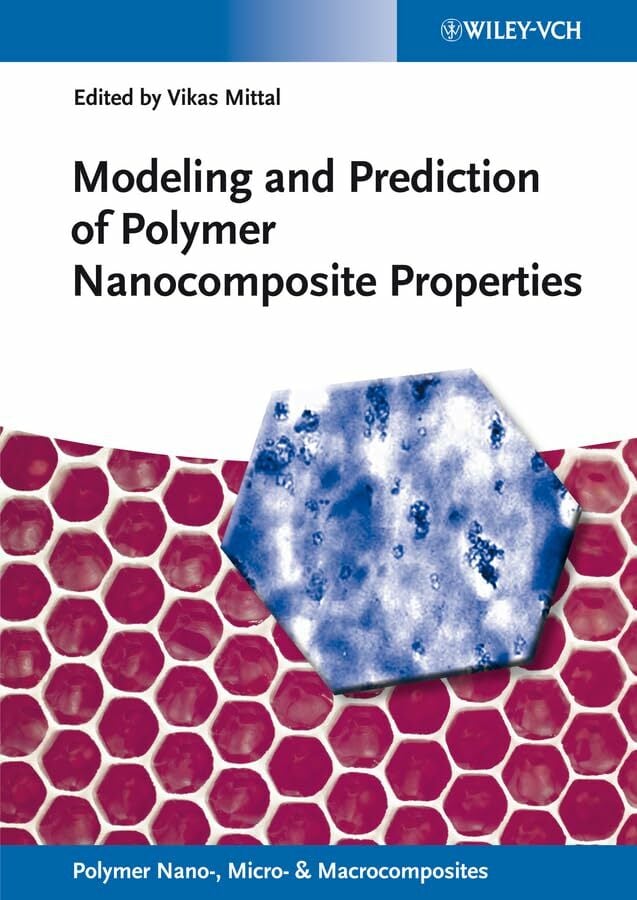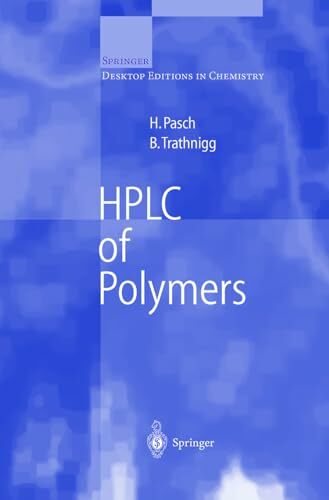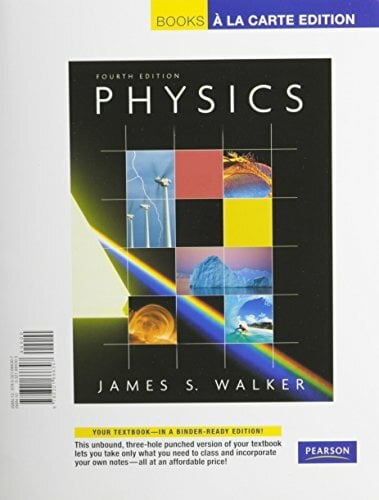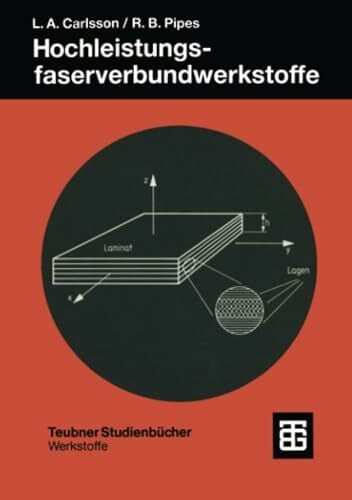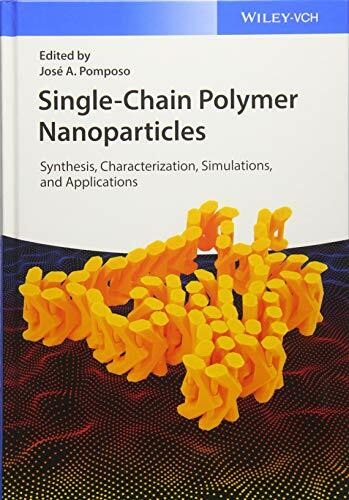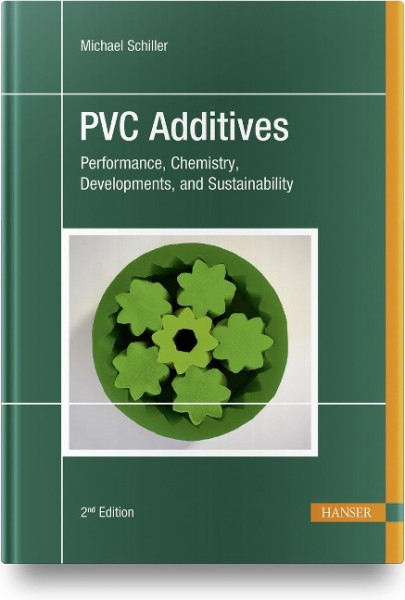
PVC Additives
Kurzinformation
inkl. MwSt. Versandinformationen
Artikel zZt. nicht lieferbar
Artikel zZt. nicht lieferbar

Beschreibung
PVC differs in its stabilization compared to other commodity plastics. Various metal compounds are suitable for the stabilization of PVC: lead, tin, calcium, magnesium, zinc, rare earths, and also almost-metal-free systems. These differences are described in the introductory part of this book, with their advantages, possibilities, and problems, from the perspective of the chemist but made understandable for salespeople and technicians. Numerous tables and figures are included, providing structures and physico-chemical data. A special section for beginners is dedicated to guiding formulations and test methods. A relatively short section deals with development trends in Europe. Sustainability is a major theme, and it is demonstrated that PVC has a strong potential to develop into a fully sustainable material. Another section deals with the everyday problems in the processing of PVC, such as the formation of specks, photo-effects, and plate-out. Plate-out is a common problem in the processing of PVC but only relatively few publications cover it. The causes, influencing factors, and mechanisms are still poorly understood. This section, unique in the literature, provides assistance in the selection and dosage of raw materials to PVC processor, based on the influencing factors during processing. von Schiller, Michael
Produktdetails

So garantieren wir Dir zu jeder Zeit Premiumqualität.
Über den Autor
Dr. Michael Schiller is founder and owner of HMS Concept e.U., a consultancy company for chemical, environmental, and plastic technology in Arnoldstein/Austria. He was previously head of the Innovation and Sustainability Center at Akdeniz Kimya and Managing Director of Akdeniz Kimya, Austria. Before that, he was R&D Manager and Head of Group R&D at Chemson AG, and has worked in the PVC industry since 1992. He is a well-known author, editor, and lecturer in the field of PVC and its additives, and is co-volume editor of the Plastics Additives Handbook, 6th edition.
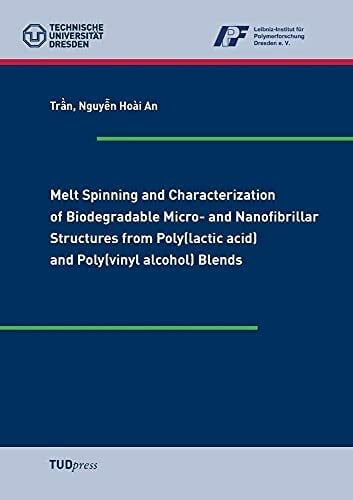
- paperback
- 216 Seiten
- Erschienen 2016
- TUDpress

- Gebunden
- 418 Seiten
- Erschienen 2022
- Wiley-VCH

- Gebunden
- 528 Seiten
- Erschienen 2016
- Wiley-VCH

- hardcover
- 777 Seiten
- Erschienen 2002
- Hanser Pub Inc

- hardcover
- 352 Seiten
- Erschienen 2007
- Springer
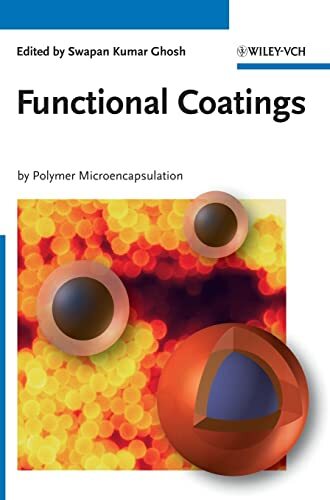
- hardcover
- 371 Seiten
- Erschienen 2006
- Wiley-VCH

- Gebunden
- 714 Seiten
- Erschienen 2007
- CRC Press Inc

- hardcover
- 669 Seiten
- Erschienen 2024
- Hanser Publications
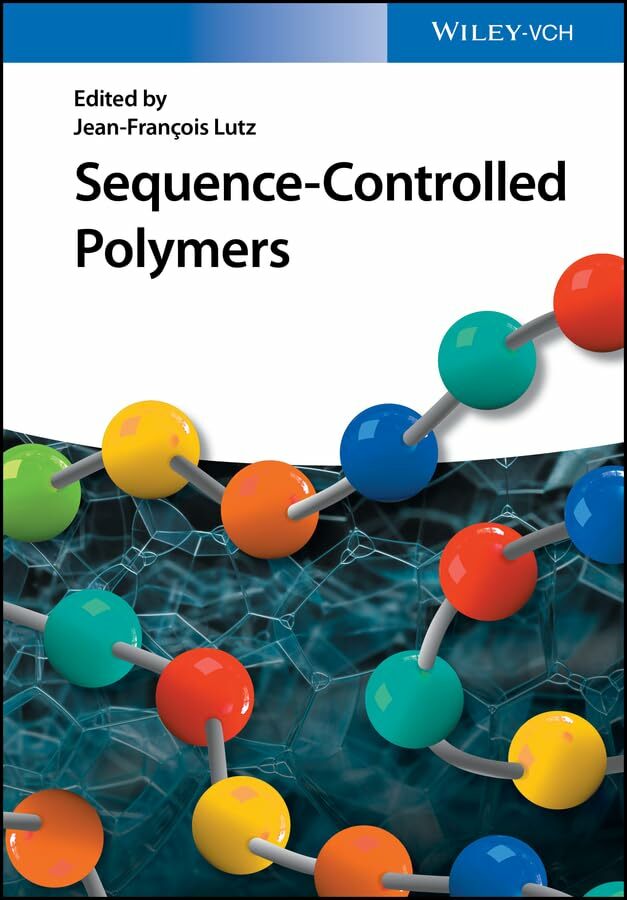
- hardcover
- 536 Seiten
- Erschienen 2018
- Wiley-VCH

- Gebunden
- 349 Seiten
- Erschienen 2019
- Wiley-VCH



















